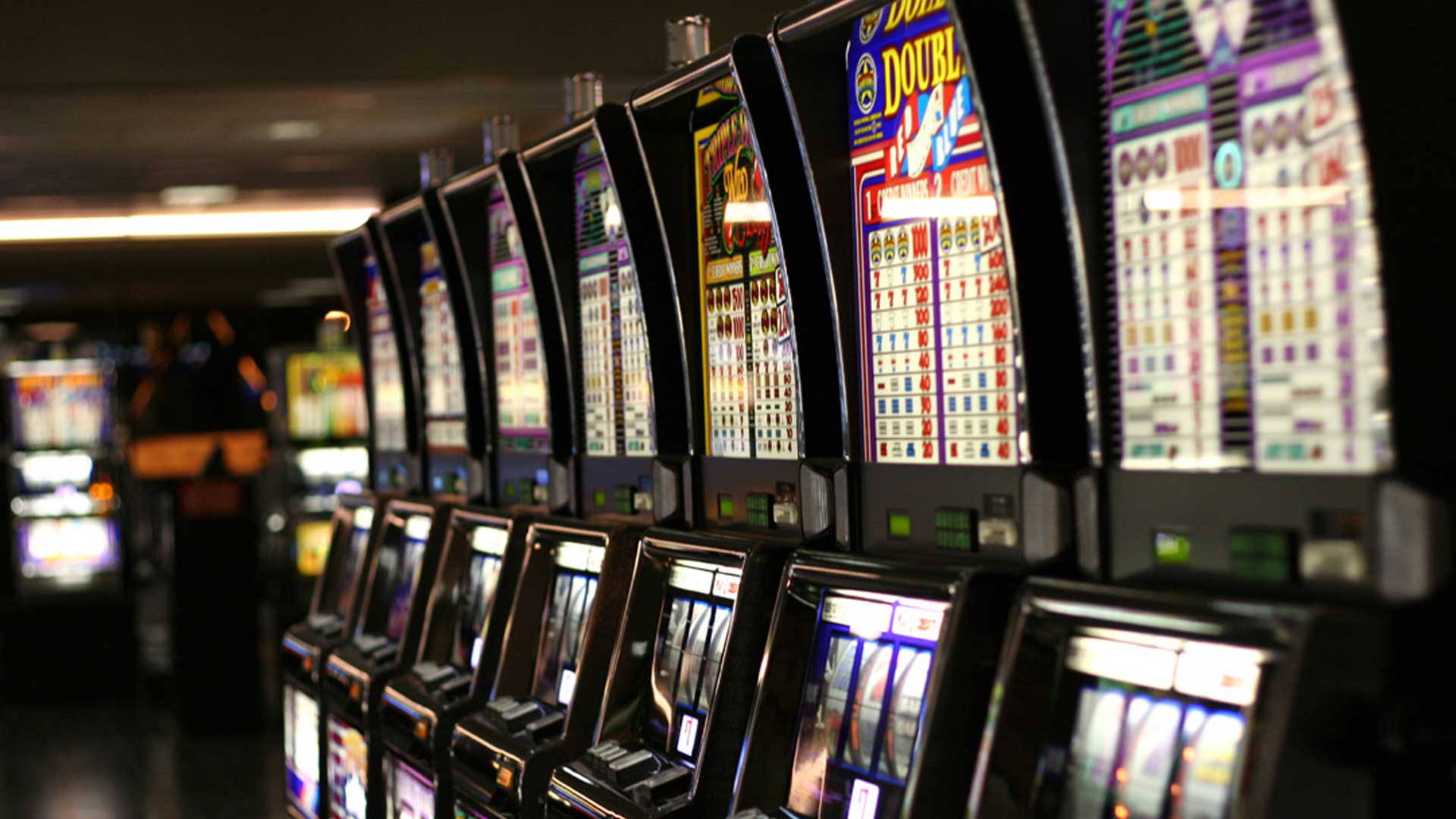The Rise of E-Sports in Casino Arenas
The Rise of E-Sports in Casino Arenas
The glittering lights and clinking slot machines of traditional casino floors are witnessing a remarkable transformation. A new, electrifying spectacle is increasingly taking center stage: the pulsating world of competitive video gaming, or esports. Once confined to basements and online streams, esports has exploded into a global phenomenon, attracting millions of passionate fans and generating billions in revenue. This seismic shift is not going unnoticed by the established entertainment industry, particularly casino operators, who are now actively seeking to integrate these high-octane digital competitions into their opulent venues. The convergence of these two seemingly disparate worlds marks a pivotal moment, signaling a bold new era for entertainment and leisure.
Esports’ journey from niche hobby to mainstream juggernaut has been nothing short of meteoric. Driven by popular titles like League of Legends, Dota 2, Counter-Strike: Global Offensive, and Valorant, professional players now command salaries and prize pools that rival traditional sports. Tournaments fill colossal stadiums, broadcast globally to an audience that often surpasses that of conventional athletic events. This immense reach and fervent fan base represent an untapped demographic for casinos, a younger, digitally native audience less captivated by the traditional allure of blackjack tables or roulette wheels. By embracing esports, casinos aim to revitalize their appeal, diversify their offerings, and secure their relevance in an ever-evolving entertainment landscape.
The strategic appeal for casinos is multifaceted. Firstly, esports brings in a younger demographic, typically Gen Z and millennials, who represent the future of consumer spending. These individuals are digital natives, comfortable with online interactions and live streaming, and are less inclined to visit a casino solely for traditional gambling. Esports events, however, provide a compelling reason for them to step foot into these establishments. Secondly, it offers a fresh revenue stream beyond traditional gaming. This includes ticket sales for live tournaments, merchandise, food and beverage sales, and crucially, esports betting. As online gambling continues to expand, platforms like m88 casino online exemplify how digital integration is becoming paramount, and casinos are eager to replicate this success within their physical spaces, offering regulated betting on professional matches.
Leading casino groups are already investing heavily in this trend. Dedicated esports arenas, custom-built with state-of-the-art technology, high-speed internet, and stadium-style seating, are becoming common features in resorts from Las Vegas to Macau. Properties like the HyperX Esports Arena at Luxor Hotel and Casino in Las Vegas or the Esports Arena at the MGM Grand demonstrate the commitment to providing a premium viewing and participation experience. These venues host major tournaments, often attracting thousands of spectators and millions more online. Beyond the large-scale events, some casinos are also implementing esports lounges and casual gaming areas, allowing visitors to play popular titles or even participate in smaller, localized tournaments, further cementing their status as gaming entertainment hubs.
The synergy between esports and casinos extends beyond just hosting events. The infrastructure required for high-level esports — robust internet, large screens, sophisticated sound systems, and broadcast capabilities — aligns perfectly with modern casino needs for entertainment venues. Furthermore, the competitive nature of esports naturally lends itself to betting, a core component of the casino business model. Regulators are gradually catching up to this new form of wagering, paving the way for more widespread and regulated esports betting markets. This integration creates a unique ecosystem where entertainment, competition, and potential financial gain coalesce, offering a comprehensive experience that appeals to a broad spectrum of patrons.
However, challenges persist. Regulators must adapt their frameworks to accommodate esports betting, ensuring fairness, integrity, and responsible gaming practices. Casinos also need to understand the unique culture of esports fans, designing experiences that resonate with them rather than simply superimposing traditional casino elements. Technology infrastructure must be continually upgraded to meet the demands of live competitive gaming, and marketing strategies need to be tailored to reach this specific demographic effectively. Despite these hurdles, the momentum is undeniable, driven by the mutual benefits both industries stand to gain.
Looking ahead, the integration of esports into casino arenas is poised for continued expansion. We can anticipate more purpose-built arenas, a greater variety of esports titles being featured, and even more innovative ways to engage audiences, perhaps through interactive betting experiences or augmented reality integrations. As the digital and physical worlds continue to converge, casino resorts are wisely positioning themselves as comprehensive entertainment destinations, where traditional gaming exists alongside the cutting-edge excitement of competitive video gaming. This strategic evolution ensures their continued relevance and profitability in an increasingly competitive global leisure market, truly marking the dawn of a new era where the digital arena meets the casino floor.
tag: M88,



